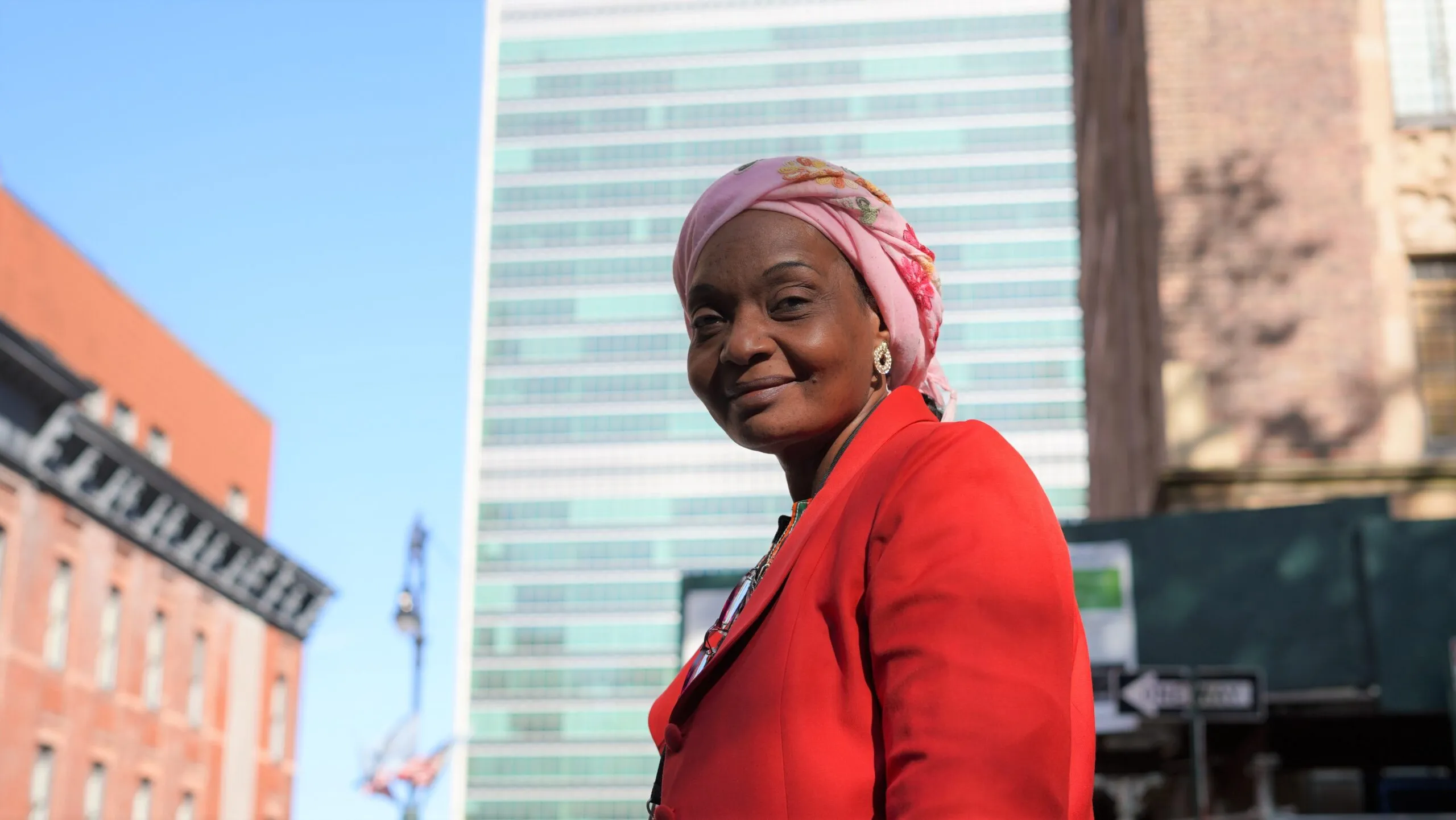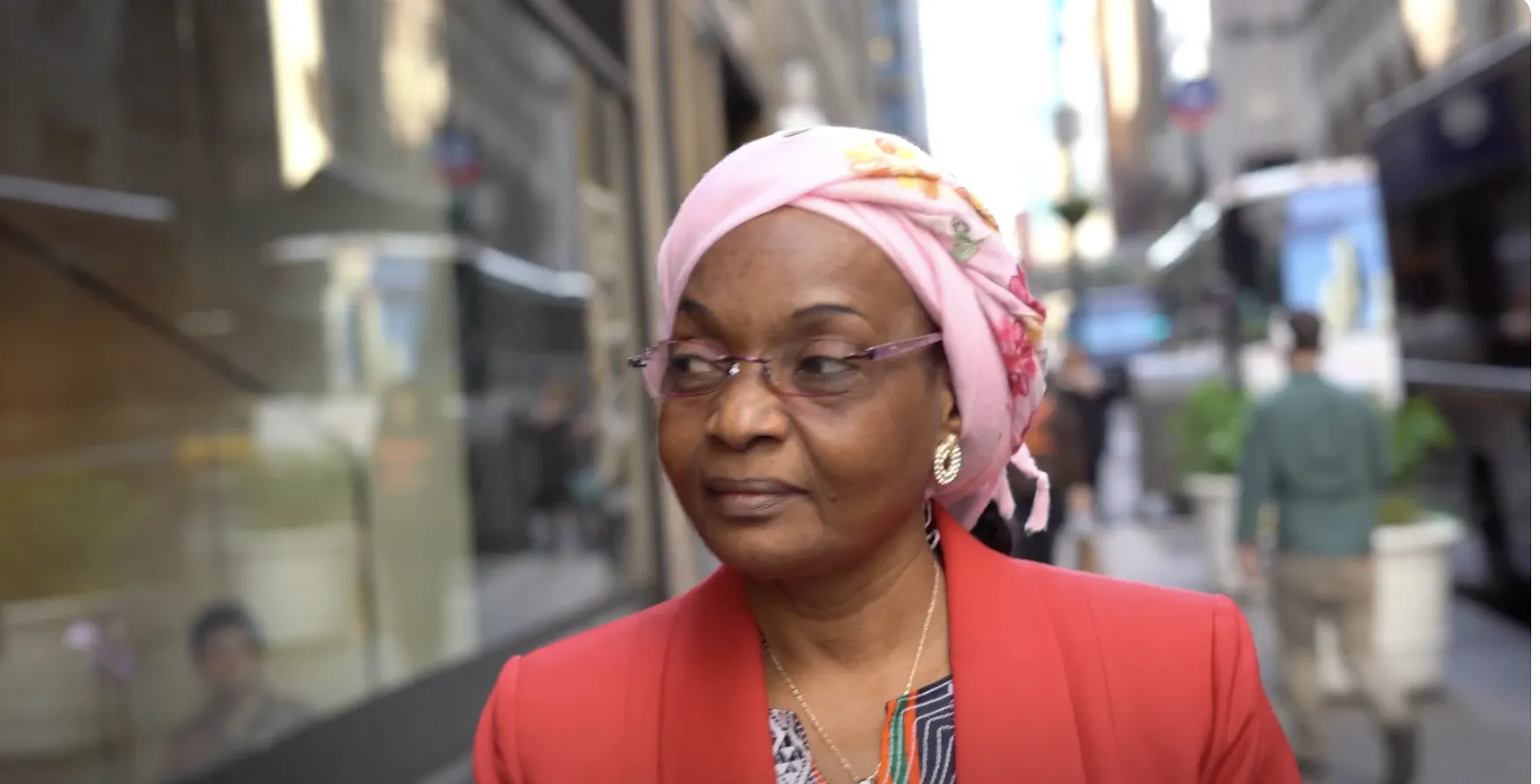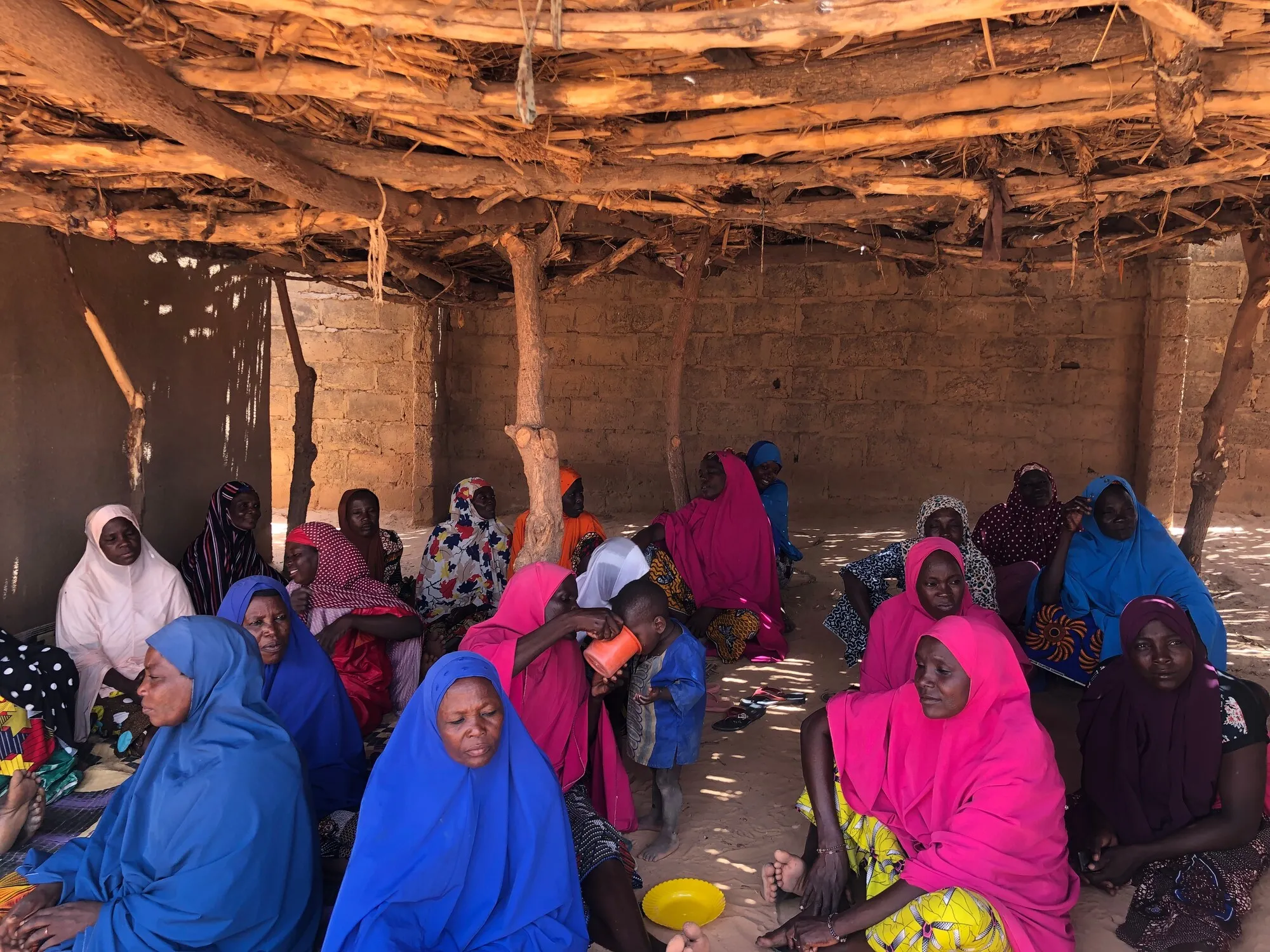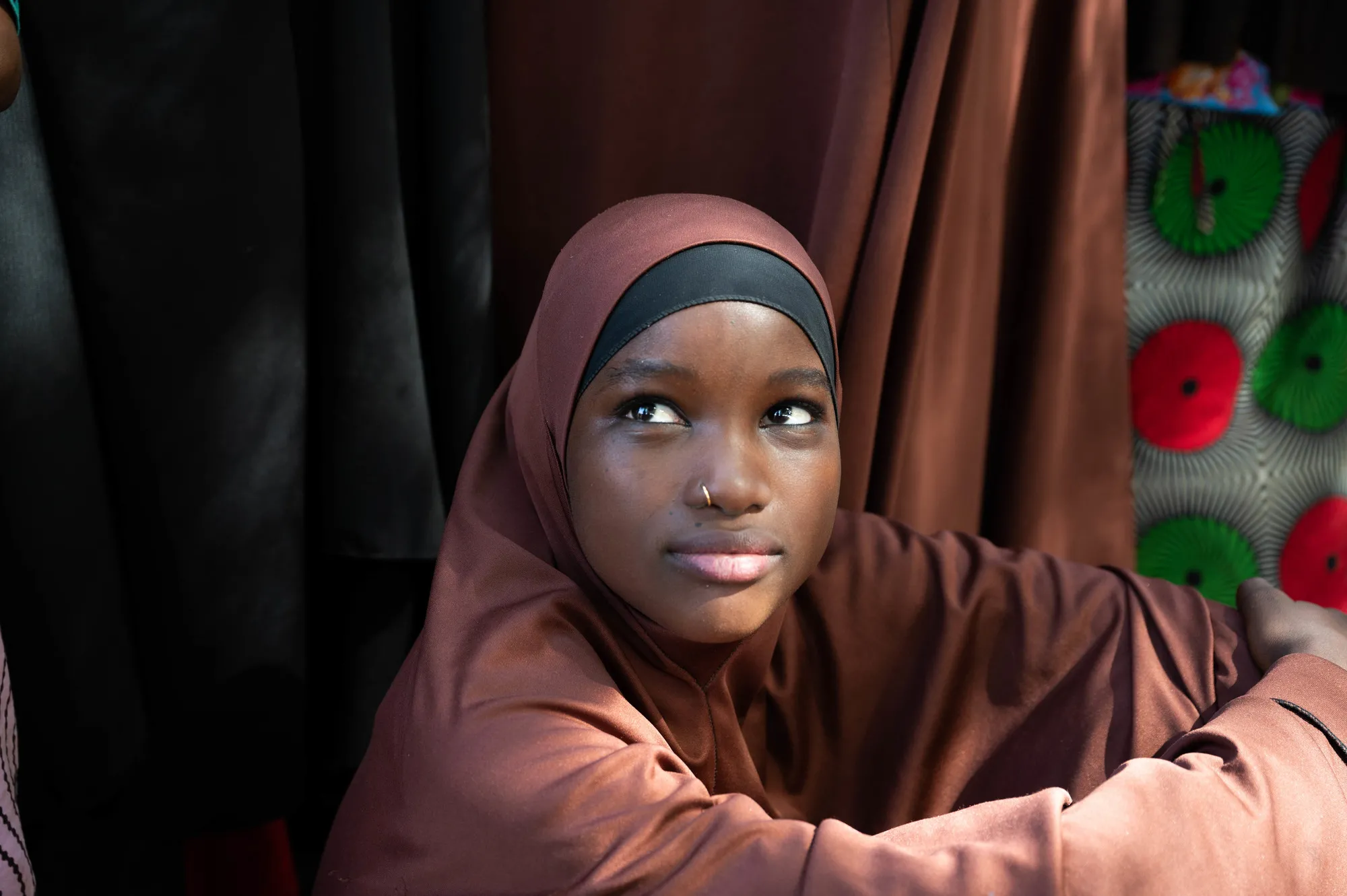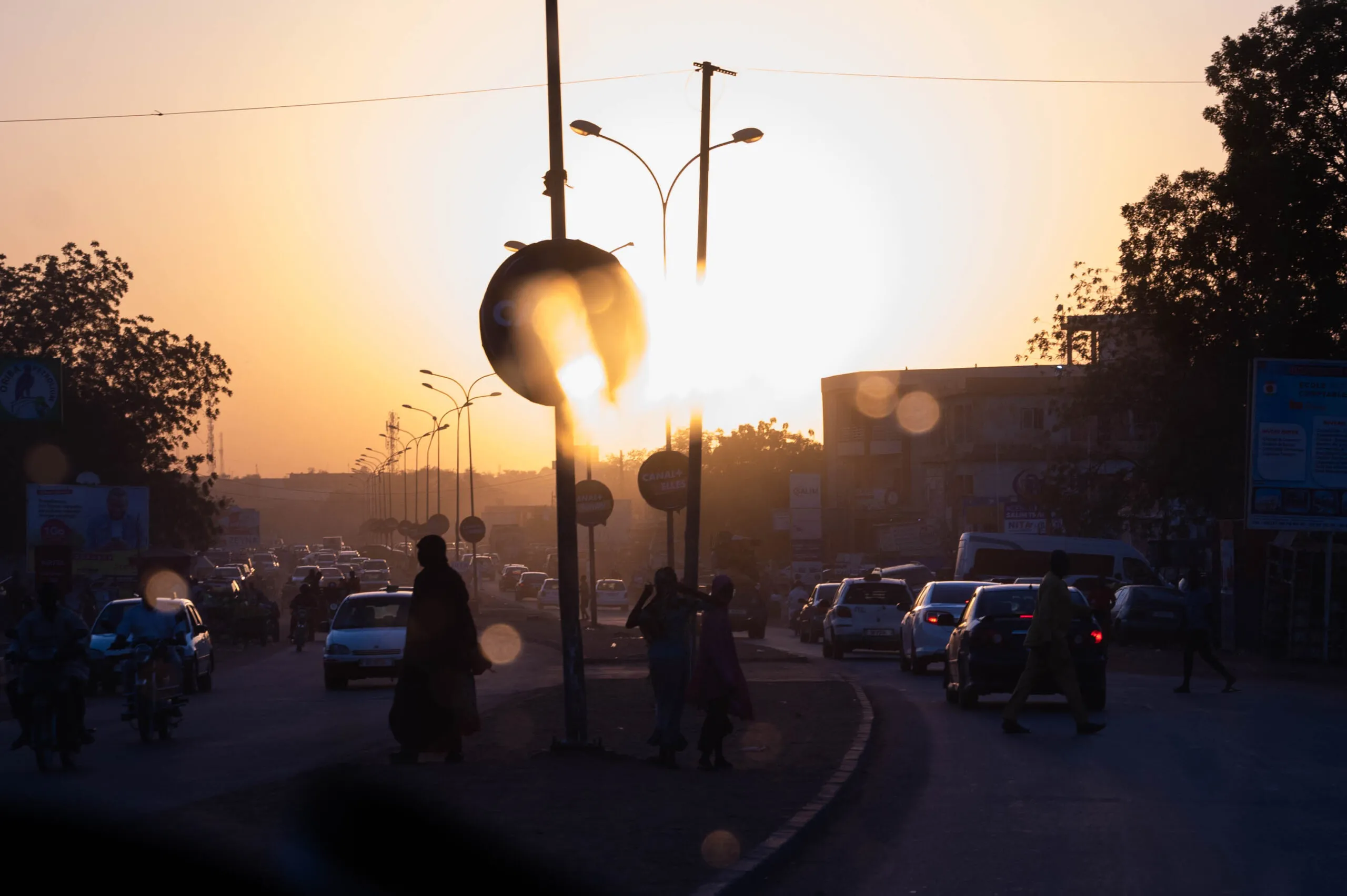Since 2021, she has led the Network of Women’s Organizations of the Lake Chad Basin (RESOF-BLT), a collective of women’s rights and women-led groups from across Niger, Chad, Cameroun, Nigeria, Mali, and Burkina Faso, a region coping with the most severe impacts of armed violence and climate change.
The network focuses their efforts on conflict prevention, mediation, peacebuilding, and the protection of civilians.
CARE, which was involved in RESOF-BLT’s creation, provides technical assistance to the network and helps their advocacy.
In May of this year, with the support of CARE, Mounkaila was invited by the Swiss Mission to the United Nations to brief the UN Security Council during its annual open debate on the protection of civilians.
She shared the following with our team after speaking at the UN.

